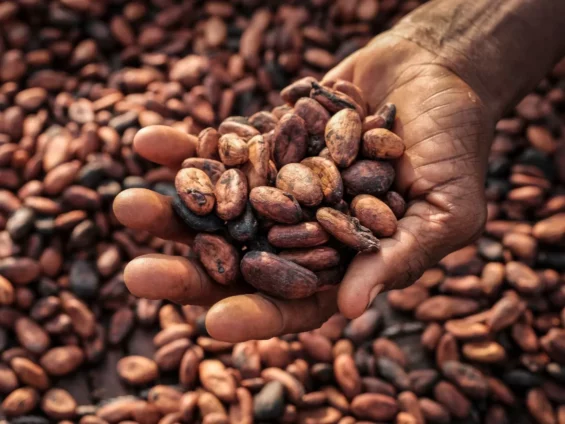
Côte d’Ivoire and Ghana, the world’s two largest cocoa producers, have reaffirmed their commitment to improving the livelihoods of cocoa farmers and fostering a sustainable cocoa economy through the continued collaboration of the Côte d’Ivoire-Ghana Cocoa Initiative (CIGCI).
This follows the recent announcements of cocoa producer prices from both countries marking a significant step toward ensuring that cocoa prices better reflect the true value of the crop, addressing long-standing market failures that have historically left farmers with inadequate earnings.
In a statement issued by the Côte d’Ivoire-Ghana Cocoa Initiative (CIGCI) on Wednesday, October 2, it said since 2019, both nations have worked closely to counter the volatility in the global cocoa market, where prices have often fallen below production costs.
This cooperation led to the establishment of the CIGCI, a joint effort to give cocoa farmers a stronger voice, improve policy coordination, and promote the collective well-being of their populations.
The initiative, driven by the leadership of Ivorian President Alassane Ouattara and Ghana’s President Nana Akufo-Addo, aims to create a more balanced and sustainable cocoa sector, with a focus on ensuring that farmers earn a living income.
“Together, Côte d’Ivoire and Ghana implemented the Living Income Differential mechanism, driving hard the resounding call for global cocoa stakeholders to pay closer attention to the economic sustainability of cocoa farmers, without which the transformation of the sector cannot be achieved. Today, the idea that the price is a key component of sustainability, where once a taboo topic, has become a dominant theme.
“As we commemorate International Cocoa Day 2024, we remind the world that much remains to be done to ensure that cocoa is sustainable across all its dimensions – and chief among these the price paid to farmers -, that it can be produced at scale in a thriving cocoa economy.
“With demand-side regulation on sustainable production in global supply chains and supply-side threats of ageing and diseased farm plantations, competing land uses and smuggling on the rise, collective efforts and joint action are critical,” part of the statement read.
In response to these challenges, both countries have introduced national traceability systems and are working to implement the African Regional Standard for Sustainable and Traceable Cocoa.
Both countries are combining efforts to tackle the Cocoa Swollen Shoot Virus and other diseases affecting cocoa farms. Continuous engagements are in place to ensure cocoa pricing and sales systems are aligned and joint actions have been implemented to strengthen the fight against cross-border cocoa smuggling. Delivering sustainable cocoa and ensuring a living income to farmers irrespective of market price fluctuations remains our horizon,” the statement said.
The CIGCI added that it continues to lead the charge in advocating for cocoa farmers, and both nations believe that with the support of global stakeholders, cocoa can become the world’s first truly sustainable commodity.
Story By myjoyonline.com






